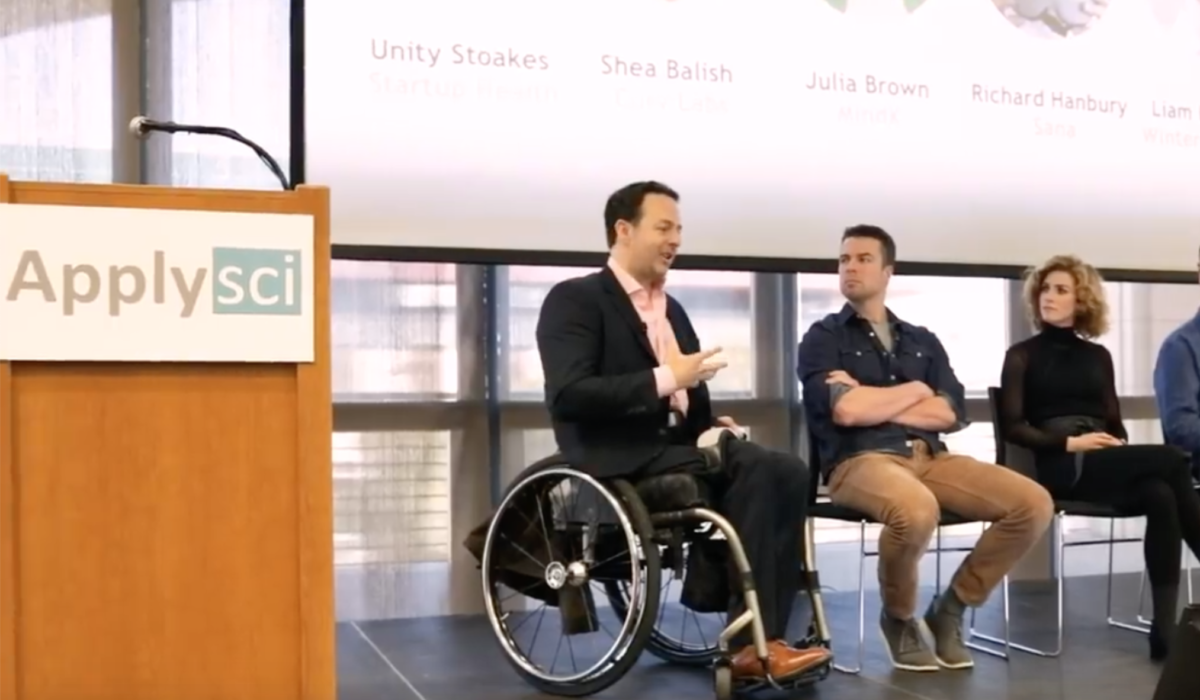Ruhr University professor Sebastian Kruss, with Max Planck researchers Sofia Elizarova and James Daniel, has developed a sensor that can visualize the release of dopamine from nerve cells with unprecedented resolution. The team used modified carbon...
Brain
Prenatal MRI study suggests autism differences may begin in the womb
A small Boston Children’s Hospital study led by Assistant Professor Emi Takahashi and postdoc Alpen Ortug showed increased volume of the insular lobe as a potential strong prenatal MRI biomarker that could predict the emergence of ASD later in life....
Shallow implant plus precise stimulation startup aims to treat depression
Inner Cosmos is a new, shallowly implanted brain stimulation system meant to address depression. It calls its system a “digital pill” but still requires a procedure for electronics to be placed under the skin on...
Stanford study: High dose magnetic stimulation eases severe depression
Nolan Williams, Alan Schatzberg, and Stanford colleagues have published a small, double blind study showing that high dose, noninvasive, magnetic brain stimulation alleviated depression symptoms in 80% of participants. Stanford accelerated intelligent neuromodulation therapy (SAINT) is an...
Passive EEG assessment detects cognitive decline early
George Sothart and University of Bath colleagues have developed a new, EEG + game memory assessment techniquewhich could enable the earlier diagnosis of Alzheimer’s disease, the underlying cause of around 60% of dementia cases.. The need...
Apple partners with UCLA, Biogen for iPhone mental/cognitive health monitoring
The Apple/UCLA project “Seabreeze” and Apple/Biogen project “Pi” represent a further move into iPhone health monitoring. According to the Wall Street Journal, Apple is attempting to develop an algorithm to identify depression and cognitive...
Nurmikko’s Neurograins can enable unprecedented brain signal recording detail, new therapies
Arto Nurmikko and Brown colleagues have developed BCI system which employs a coordinated network of independent, wireless microscale neural sensors, to record and stimulate brain activity. “Neurograins” independently record electrical pulses made by firing neurons...
Algorithm isolates specific brain signals, provides feedback
The US Army and USC Prof Maryam Shanechi have developed an algorithm that can determine which specific behaviors—like walking and breathing—belong to specific brain signals. Segmenting brain signals has been notoriously difficult, as all signals associated with...
CNBC feature on Sana Health | Feb 22, 2019 – ApplySci @ Stanford
Richard Hanbury discussed Sana Health‘s pain management technology at Wearable Tech + Digital Health + Neurotech Silicon Valley, on February 22, 2019 at Stanford. ApplySci was delighted that CNBC chose to film this segment at...
Implanted sensors track dopamine for a year
Helen Schwerdt, Ann Graybiel, Michael Cima, Bob Langer, and MIT colleagues have developed and implantable sensor that can measure dopamine in the brain of rodents for more than one year. They believe that this...









